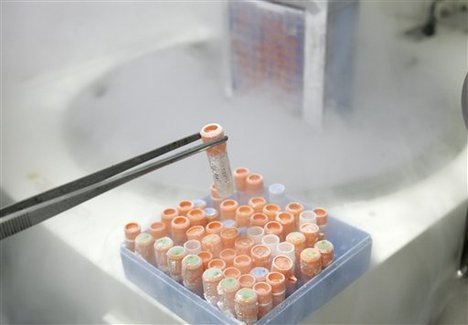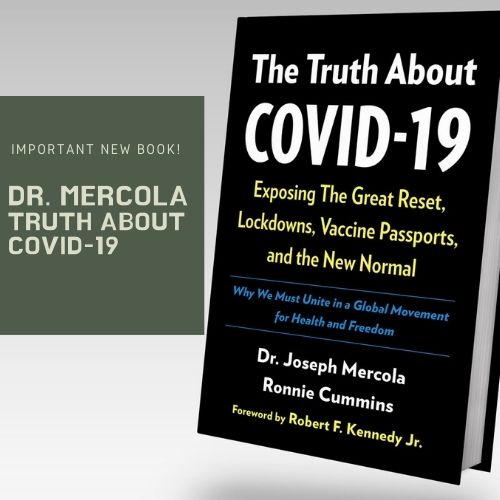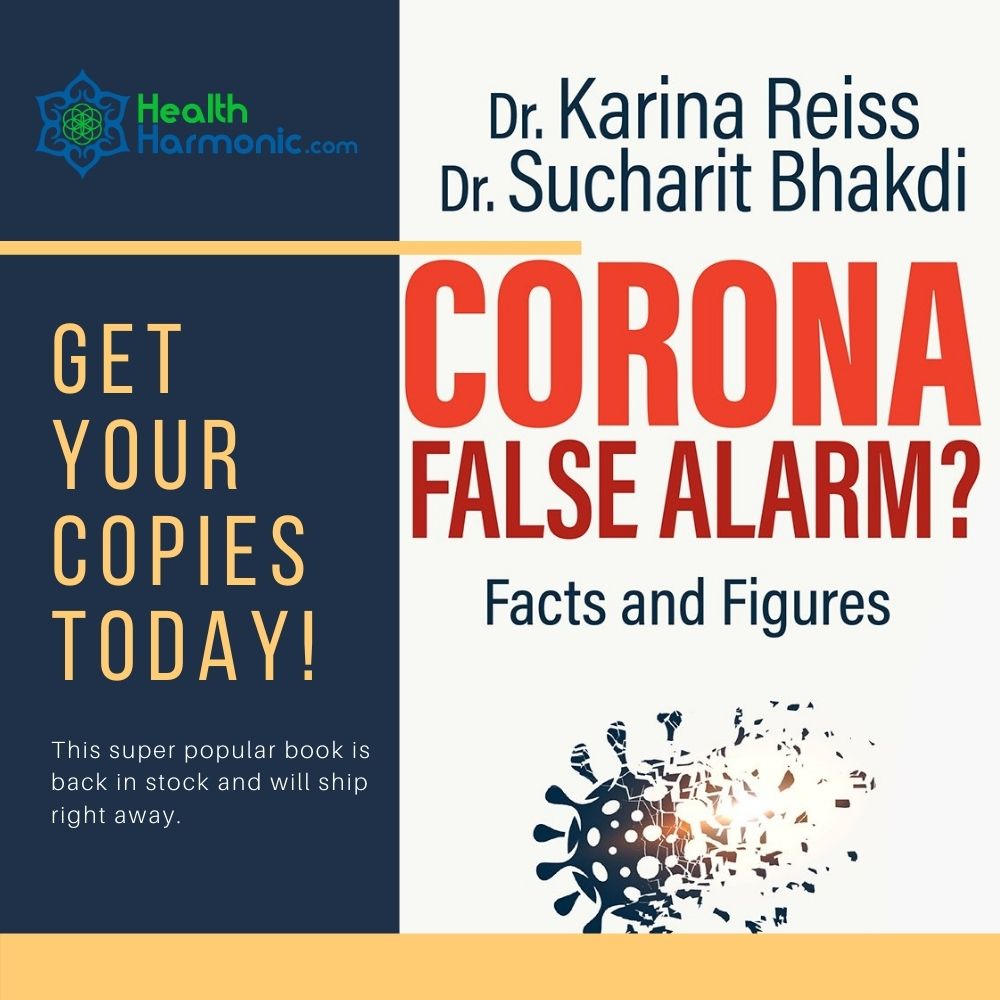
A new study may hold the key to restoring youthful functions among the elderly. Researchers at the Cedars-Sinai Heart Institute were able to rejuvenate old hearts of lab animals with stem cell injections.

As lead author, Eduaro Marban, director of the Cedar-Sinai Heart Institute explained, "The way the cells work to reverse aging is fascinating. They secrete tiny vesicles that are chock-full of signaling molecules such as RNA and proteins. The vesicles from young cells appear to contain all the needed instructions to turn back the clock."
Although the study yielded positive results co-author, Lilian Grigorian-Shamagian, pointed out that more tests are needed to develop the technology. The new method will be extremely beneficial to patients who are recovering from heart failure. The study's results were published in the European Heart Journal.
Older hearts could be rejuvenated with stem cells from younger ones – study
Older hearts may soon be able to be rejuvenated with stem cell injections from younger hearts, according to a new study which successfully reversed signs of cardiac aging in elderly rats.Researchers at the Cedars-Sinai Heart Institute gathered two groups of rats for the study. One group had an average age of 22 months – which is considered aged in the rat world – and the other had an average age of just four months.
Before beginning the study, they measured the heart function of all the rats, both young and old.
The researchers then injected a type of stem cell known as cardiosphere-derived cells (CDCs) into some of the older rats. Other elderly rats received a placebo treatment which consisted of saline injections instead of stem cells.
A month after receiving treatment, the heart functions of the group of older rats which received CDC cells were tested a second time.
The researchers determined that the rats which received the injections of stem cells experienced improved heart functions and an increased exercise capacity of approximately 20 percent.
They also regrew hair faster than rats which did not receive the stem cell injections, and showcased longer heart cell telomeres – compound structures located at the ends of chromosomes which diminishes with age.
Image courtesy of: wellunwell






